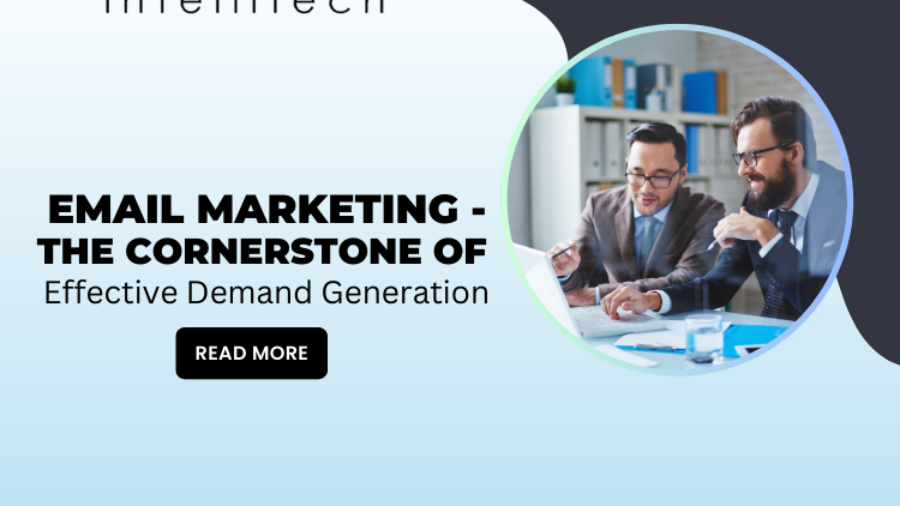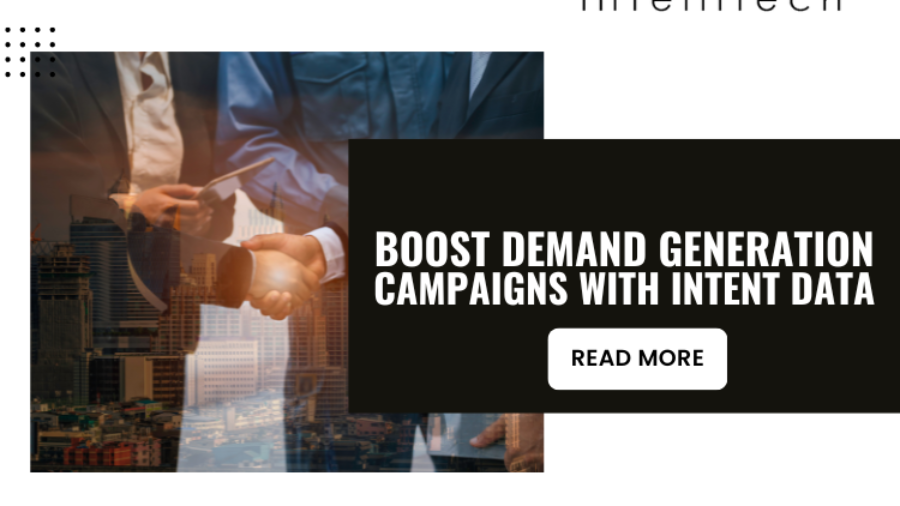In the realm of B2B business, the quest for generating leads stands as a paramount endeavor. After all, it's through this process that potential customers are drawn in, curious about what a product or service has to offer. Amidst the number of strategies available—ranging from inbound and outbound tactics to content creation and social media—there exists a fundamental cornerstone that underpins successful lead generation. The focus now lies in attracting leads and prospects through opt-ins, delivering content that is not only engaging but of the highest quality.
Precision Targeting
One of email marketing's distinct strengths is its ability to offer highly personalized experiences. With segmentation based on industry, company size, role, and more, B2B marketers can tailor their messages to resonate deeply with the specific needs and pain points of each segment. This precision targeting not only boosts open and engagement rates but also showcases a keen understanding of the audience's challenges.
Building Trust and Authority
In the B2B realm, trust and credibility are paramount. Email marketing allows businesses to consistently share valuable insights, thought leadership content, and industry expertise. As recipients engage with these resources over time, a sense of trust is fostered, positioning the sender as a knowledgeable authority within their domain.
Tracking and Optimization
In the data-driven landscape of B2B marketing, email campaigns offer a wealth of trackable metrics. Open rates, click-through rates, conversion rates, and engagement patterns provide actionable insights. B2B marketers can use this data to refine their strategies, focusing resources on the most effective tactics and adjusting campaigns to align with evolving audience preferences.
Conclusion
In the B2B demand generation ecosystem, email marketing is a versatile and dynamic tool that bridges the gap between businesses and their B2B prospects. It's not just about sending emails; it's about crafting personalized experiences, and strategically guiding leads through the decision-making process. By understanding the power of email marketing, B2B companies can create meaningful connections, cultivate trust, and ultimately drive growth in a manner that aligns seamlessly with the sophisticated nature of B2B transactions.





